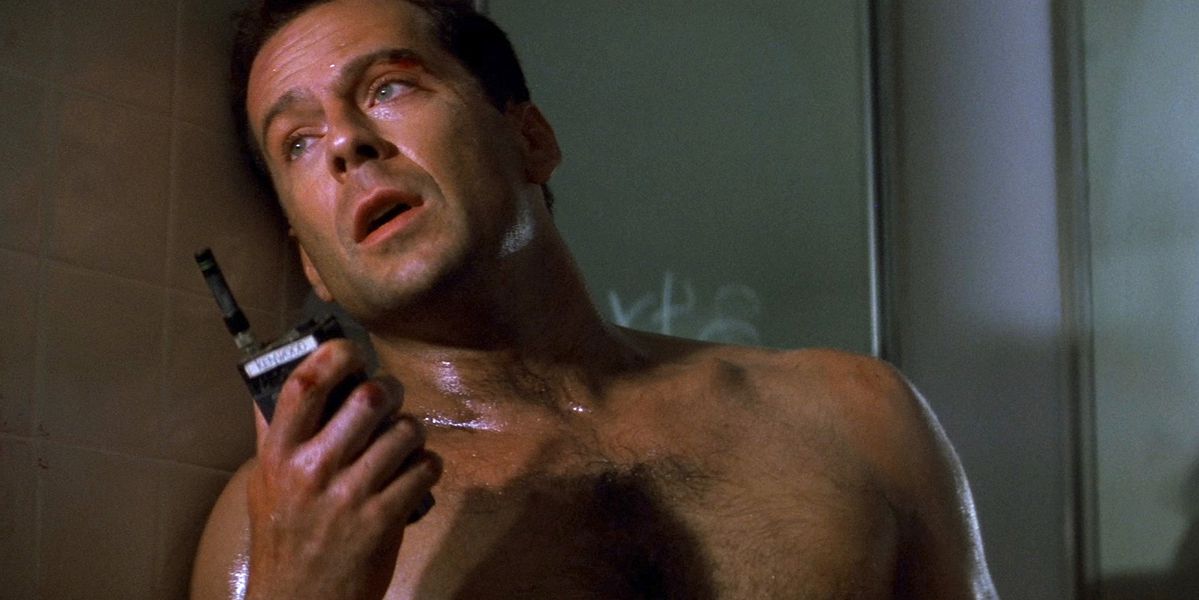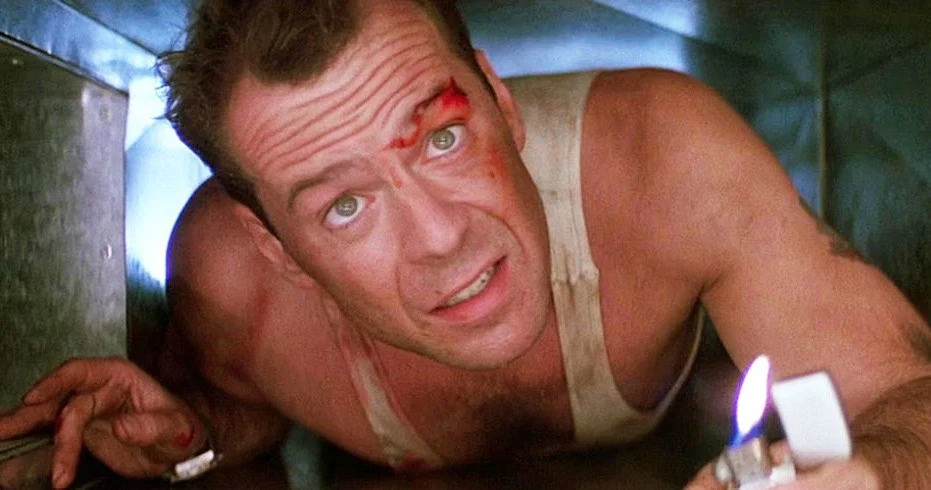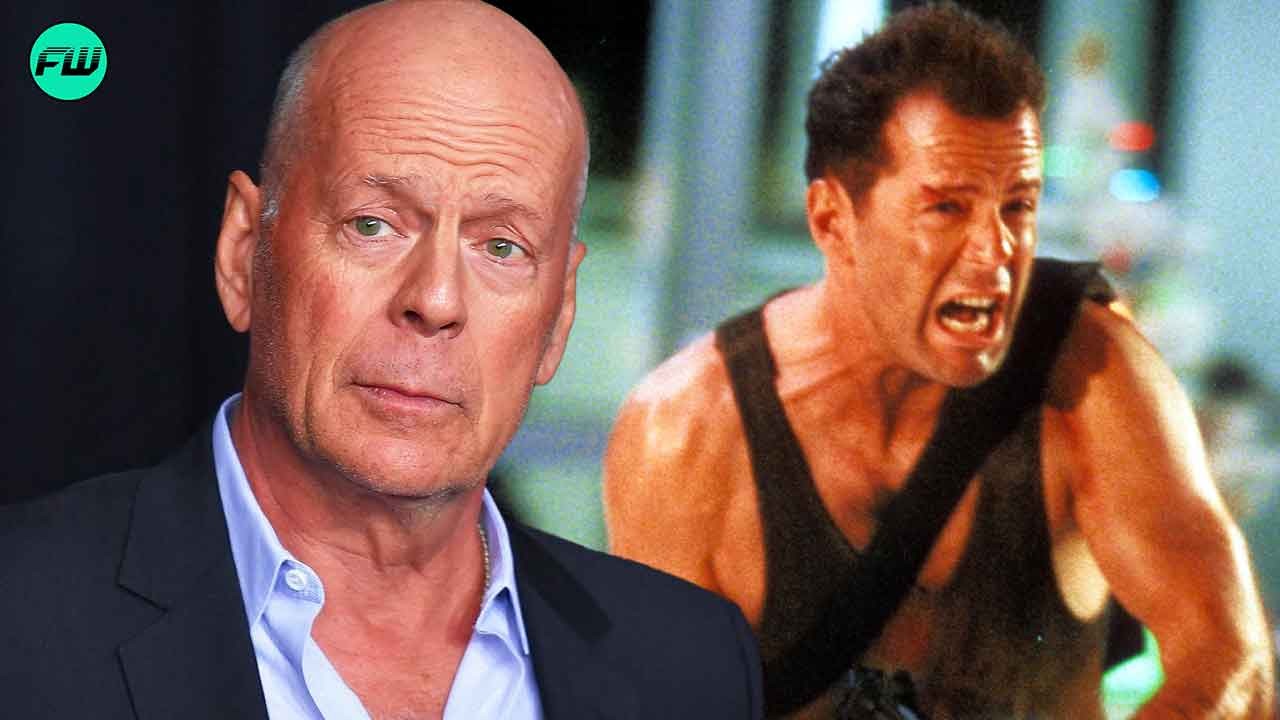Die Hard alum Bruce Willis has taken a decision that elucidates the rapid, staggering advancement of a particular technology that may be useful for actors all across the globe in the coming future. Recent reports state that the Emmy-winning actor has become the first Hollywood talent to have sold his rights for a digital carbon copy of himself to be used in future projects and endeavors.

This opens up an array of possibilities for the actor who won’t have to be on set to appear in particular films or other ventures. It also gives rise to certain implications which may change the contemporary scene of Hollywood completely. To say technology has evolved and is constantly testing the limits of reality would be an understatement.
How Deepfake Technology Helped Bruce Willis

According to a report published by The Telegraph, Bruce Willis has consented and allowed a company called Deepcake to his use his face to create a digitized replica of himself. The firm describes its expertise in the following manner:
“Deepcake is an AI-powered content optimization web platform with a proprietary library of AI replicas of real people, living or dead, including A-list celebrities.”
What led the actor to make such a decision? As affirmed by Willis, utilizing deepfake technology has permitted the actor to transcend beyond having to be physically present on a set. The actor made an appearance in an advertisement that did not require his real-life presence during the filming process. Instead, his face was “digitally transplanted” onto another person, who’d act on behalf of the Golden Globe-winning talent.
But Why Deepfake?

Earlier this year, Bruce Willis’ family announced that the famed actor would be stepping away from his acting career that “meant so much to him” after he got diagnosed with aphasia. Furthermore, in the Instagram post where this revelation was made, the following was mentioned:
“This is a really challenging time for our family … We are moving through this as a strong family unit … As Bruce always says. “Live it up” and together we plan to do just that.”
Communication skills are majorly impacted by aphasia. It can affect how a person writes, speaks, interprets, and makes use of both spoken and written language. The disorder refers to an impairment of the ability to comprehend or make sense of words. It may result from a brain stroke or head injury. With such health issues, the job of an actor becomes arduous, to say the least.

In such a scenario, deepfake technology, which has otherwise been scrutinized, has become the actor’s saving grace. Making a statement on his website, Willis had the following to say about the innovative, game-changing technology:
“I liked the precision with which my character turned out. It’s a mini-movie in my usual action-comedy genre. For me, it is a great opportunity to go back in time. With the advent of modern technology, even when I was on another continent, I was able to communicate, work and participate in the filming.”
He extended his grateful sentiments to the entire team who made such an extraordinary experience possible. While it does feel “new” to Bruce Willis, it may make an astounding change in the Hollywood landscape pretty soon.
The Reaction Of The Fans

Fans of the actor are both amused and rather terrified. Some alleged that Bruce Willis has literally “sold his soul”, while others commented how it’s “on-brand” for the actor to take such a step. Most are unsure of the advent of deepfake technology, concerned about it becoming a possibly exploitative “trend.”
Take a look:
Read more: Remembering Bruce Willis: Most Rewatchable Movies Of The Now Retired Actor
While it is the first time someone has sold the rights to have their image digitally duplicated, it is not the first time the technology has been used in the industry. Previously, several movies and franchises have used deepfake to completely transform sequences with ease. The technology has allowed various actors to be de-aged. Hence, younger versions of their characters can easily be brought to fruition without having to challenge the constraints of time which is ever-flowing.
Needless to say, this technology is about to immortalize many actors. Stars from the past could easily be brought “back to life” with the use of such an innovation. Alas, one has to acknowledge how it might act like a double-edged sword, especially if such digital powers fall into the hands of the wrong people.
The future of innovation is scary and intriguing at the same time. What impact it ought to have on Hollywood will soon unfold with time.
Source: The Telegraph

